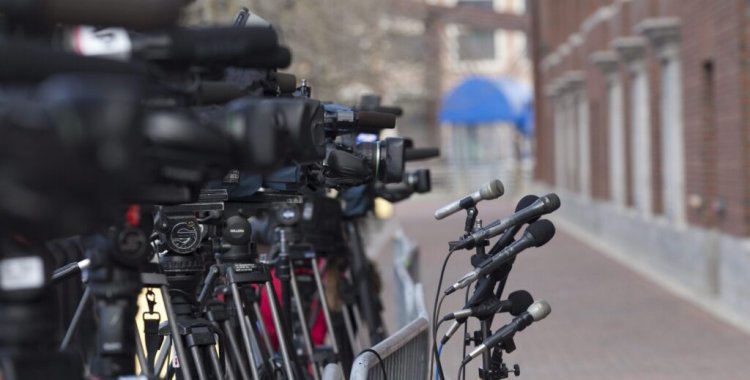"There are many common aspects in our countries. The threats we face when it comes to these rights are common (...) There is a common tendency on the part of politicians to close down spaces for freedom", declared Jeremias Langa, president of Misa (a non-governmental organization that defends freedom of expression) Mozambique, during a Webinar that discussed freedom of the press in Mozambique, Angola and Guinea-Bissau.
For Jeremias Langa, in most African countries where Portuguese is the official language, political power is dominated by two political parties, which ends up limiting freedoms, especially with regard to the right to information and freedom of expression.
"This is a consequence of the political models adopted by the countries themselves", stressed Jeremias Langa.
On the other hand, the sustainability of the media also prevails as a challenge that mainly affects the independence of the media, added the president of Misa Mozambique.
"The sustainability of the sector is a key issue. The traditional media financing model is completely exhausted and with digitalization it is time for the media to find another form of financing (...). It is difficult to talk about freedom without economic sustainability", he declared.
For the president of Misa Angola, André Mussamo, Portuguese-speaking African countries are invited to build a "united front" in the face of the common challenges that the "fourth power" is facing in these realities.
"We need to start a new front, share experiences and, from this sharing, create a new concept of how to face these challenges", stated the president of Misa Angola.
For André Mussamo, the influence of political power over an already fragile media sector continues to be one of the main challenges, which, as a consequence, affects the type of democracy seen in the PALOP countries.
"We cannot continue to accept that our democracy, we PALOP countries, [is] this: a false democracy, in which a dominant group imposes its interests and we are forced to obey", declared the president of Misa Angola.
The webinar, promoted by Misa Mozambique, was marked by the absence of a speaker from the National Union of Journalists and Social Communication Technicians of Guinea-Bissau, who chose not to participate at almost the last minute due to the tension that had arisen between the President of Guinea-Bissau, Umaro Sissoco Embaló, and the media in that country, according to the event organizers.
In recent times, Embaló has experienced moments of tension with the press, to the point that the Union of Journalists and Social Communication Technicians (Sinjotecs) called for a boycott of the President's activities.
The measure was suggested by the union following Sissoco Embaló's "repeated attitudes" of "attacks on press freedom", namely responding with swear words to journalists' questions and other threats.
Last week, Sinjotecs held the government responsible for the Guinean President's initiative to attack two journalists who were covering a teachers' vigil in front of the Ministry of Education in Bissau.
One journalist reported having been beaten by the police until she fainted.







